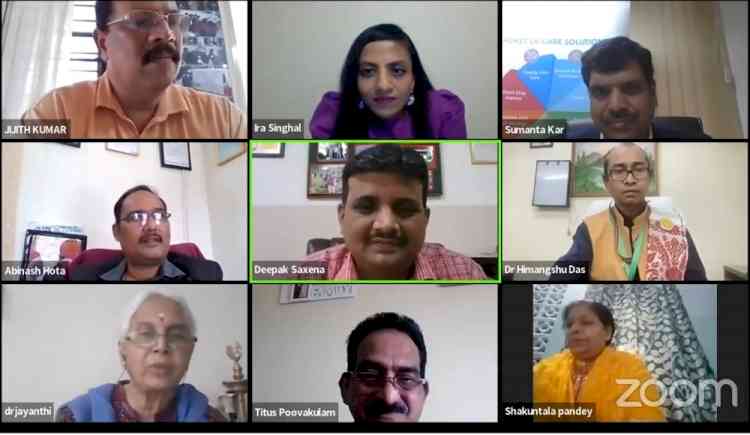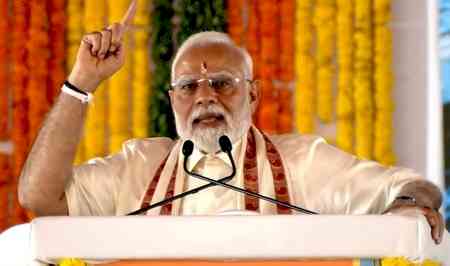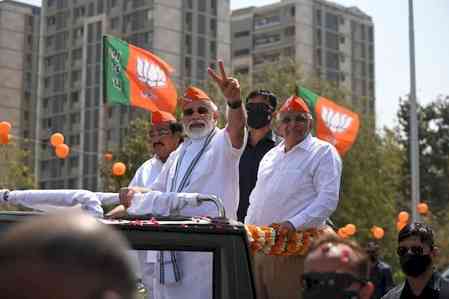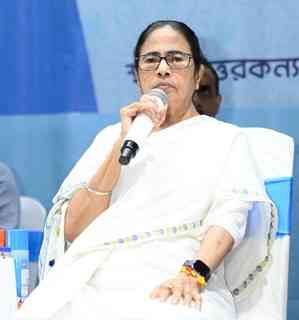More of persons with disabilities can be future leaders of society, if we nurture their talents
Say Panelists at a panel discussion organised by SOS Children’s Villages of India on the occasion of International Day of Persons with Disabilities

Delhi, December 8, 2021: The right to education is a universal right, which should be accorded to everyone, including persons with disabilities. If given the right to education and nurtured in the right way, more of persons with disabilities can emerge as future leaders and contributing members of society, panellists said at a panel discussion held by SOS Children’s Villages of India to observe International Day of Persons with Disabilities (IDPD).
SOS Children’s Villages of India is India’s largest self-implementing childcare NGO. The NGO recently held a panel discussion on the topic: “Leadership and participation of persons with disabilities toward an inclusive, accessible and sustainable post-COVID-19 world.” In keeping with COVID-19 protocols, the panel discussion was conducted online through SOS Children’s Villages of India’s Facebook page.
The key panelists were Ms Ira Singhal, Brand Ambassador for Department of Disability, Ministry of Social Justice and Empowerment, Government of India; Dr Himangshu Das, Director-National Institute for the Empowerment of Persons with Visual Disabilities (NIEPVD) & Pandit Deendayal Upadhyaya National Institute for Persons with Physical Disabilities (PDU-NIPPD) and Jayanthi Narayan, Special Educator from India, currently holding position as a visiting Professor at the University of Northampton, UK.
“People are not just about their disabilities, they are also about their abilities, so we need to focus on their abilities and remember that disability does not define people,” said Ms Singhal, Brand Ambassador for Department of Disability, Ministry of Social Justice and Empowerment who by example has shown that nothing is impossible to achieve for disabled people. Ms Singhal is the first person in India with disability to top the prestigious Civil Services Examination. She is also a brand ambassador for Ministry of Women and Child Development, Niti Ayog and is on the National Panel for Accessible Elections, Election Commission of India.
Singhal reminded people with disabilities that they have talent and their focus should be on nurturing their talent rather than focus on their disabilities. “Remember that the world will see you as the way you see yourself. If you see your abilities and talent, that is what the world will see, but if you see your disabilities, the world will see you as a disabled person.”
Dr. Himangshu Das, the Director of National Institute for Empowerment of Persons with Multiple Disabilities(Divyangjan) (NIEPMD, Chennai) said that India will see far more leadership and participation of people with disabilities from all segments of society in the post-COVID world, given the focus of the government on greater inclusivity of disabled people. “The Rights of Persons with Disabilities (RPwD) Act, 2016 and National Education Policy (NEP) 2020 are being seriously monitored by both the Center and the State Governments. With reservations, policies, schemes and legal tools becoming more pro-active, disabled friendly and inclusion based, we will see a lot more participation by people with disabilities.”
“Those with special needs too have the right to education. Reach and teach them! Watch them blooming as great leaders and contributing members of our society.” Said Dr. Jayanthi Narayan
Mr. Sumanta Kar, Secretary General, SOS Children’s Villages of India said, “The pandemic has created havoc in our lives particularly for the Children with special needs. Such children require physiotherapy and other treatments for which we hire external specialists. Since, we restricted the people to visit the village, we immediately trained SOS Mother and coworkers to perform basic therapeutic treatments with the help of online sessions by professionals. We have also enrolled our children with special needs into various competitions which will help them enhance their skills. It is our responsibility bring awareness about the challenges faced by such children and the need of inclusion for us to evolve and build a better society.”
International Day of Persons with Disabilities (IDPD) was initiated in 1992, through the recommendation of the United Nations General Assembly resolution. It is observed on December 3, every year, with the idea of promoting the rights and well-being of persons with disabilities in all spheres of society and development, and to increase awareness about persons with disabilities in every aspect of political, social, economic and cultural life.


 cityairnews
cityairnews 








